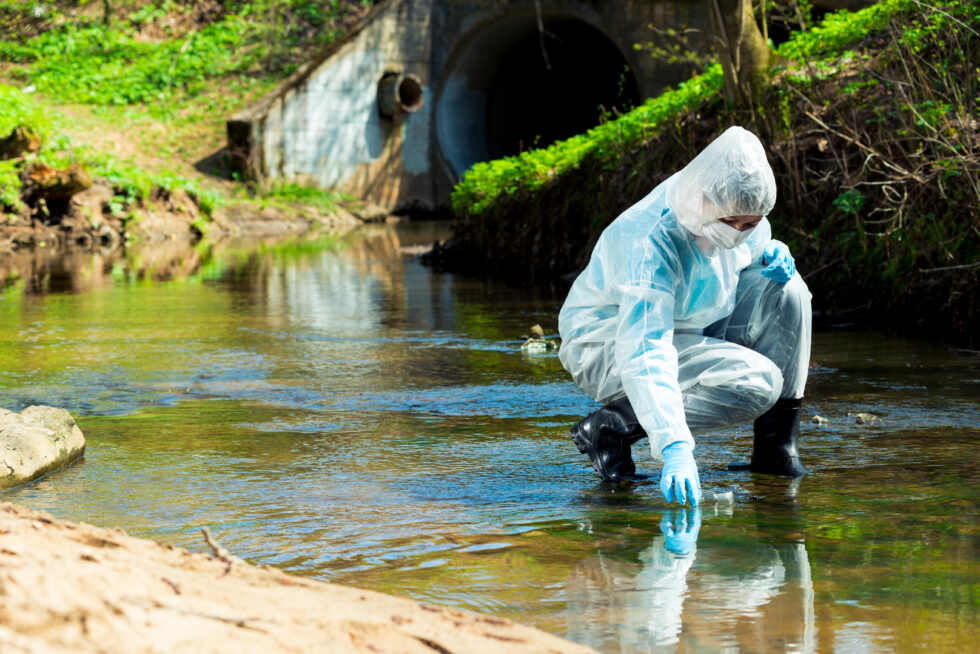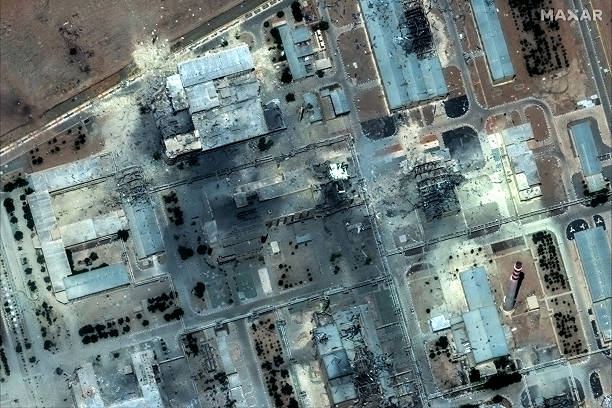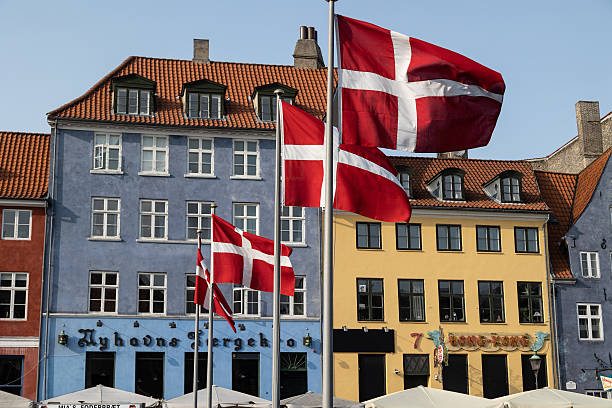Soldiers stationed at Fort Ord develop terminal blood cancer
Nine months after an investigation by the Associated Press determined that hundreds of veterans once stationed at California’s Fort Ord were poisoned by toxic chemicals found in their drinking water, Federal health officials are conducting a study of their own to determine scope and causation of the terminal blood cancer affecting service members.

These hundreds of veterans were stationed at Fort Ord during the 1980s and 1990s.
Last Friday, Patrick Breysse, the director of the CDC’s Agency for Toxic Substances and Disease Registry said in a letter to California Representative Katie Porter that “there are sufficient data and scientific reasons for ATSDR to re-evaluate health risks related to historical drinking water exposures at Fort Ord.”
Fort Ord was added to the EPA’s list of most polluted places in the nation four years before it began the process of closing as an active military base. https://t.co/b6sI1OtAR6
— Military Times (@MilitaryTimes) November 10, 2022
Julie Akey, an Army veteran who was stationed on Fort Ord was diagnosed with a rare blood cancer called multiple myeloma in 2016 at the age of 46. She said that she is “confident that science will prove our high rate of cancers and illnesses are not a coincidence.”
In 1990, four years prior to shutting down, Fort Ord was put on the Environmental Protection Agency’s list of the “most polluted places in the nation”.
According to the AP’s review of public documents, the Army was aware that chemicals had been improperly dumped on Fort Ord for decades. Even following the documentation of this rampant contamination, the Army spun the issue to seem like like of a threat to health than it was.
According to the Department of Veterans Affairs, the contamination was “within the allowable safe range” in areas from which drinking water was sourced.
Similar to veterans suffering from burn pit related health issues, Veterans who lived at Fort Ord and have attempted to get treatment from the VA for their terminal cancers have been denied.
Leon Panetta, the former Secretary of Defense grew up next to Ft. Ord, attended basic combat training on the same post, said of these affected Soldiers and veterans, “They were willing to serve their country and put their lives on the line, and as a result of their willingness to serve, I think we really owe it to them.”







Conversation